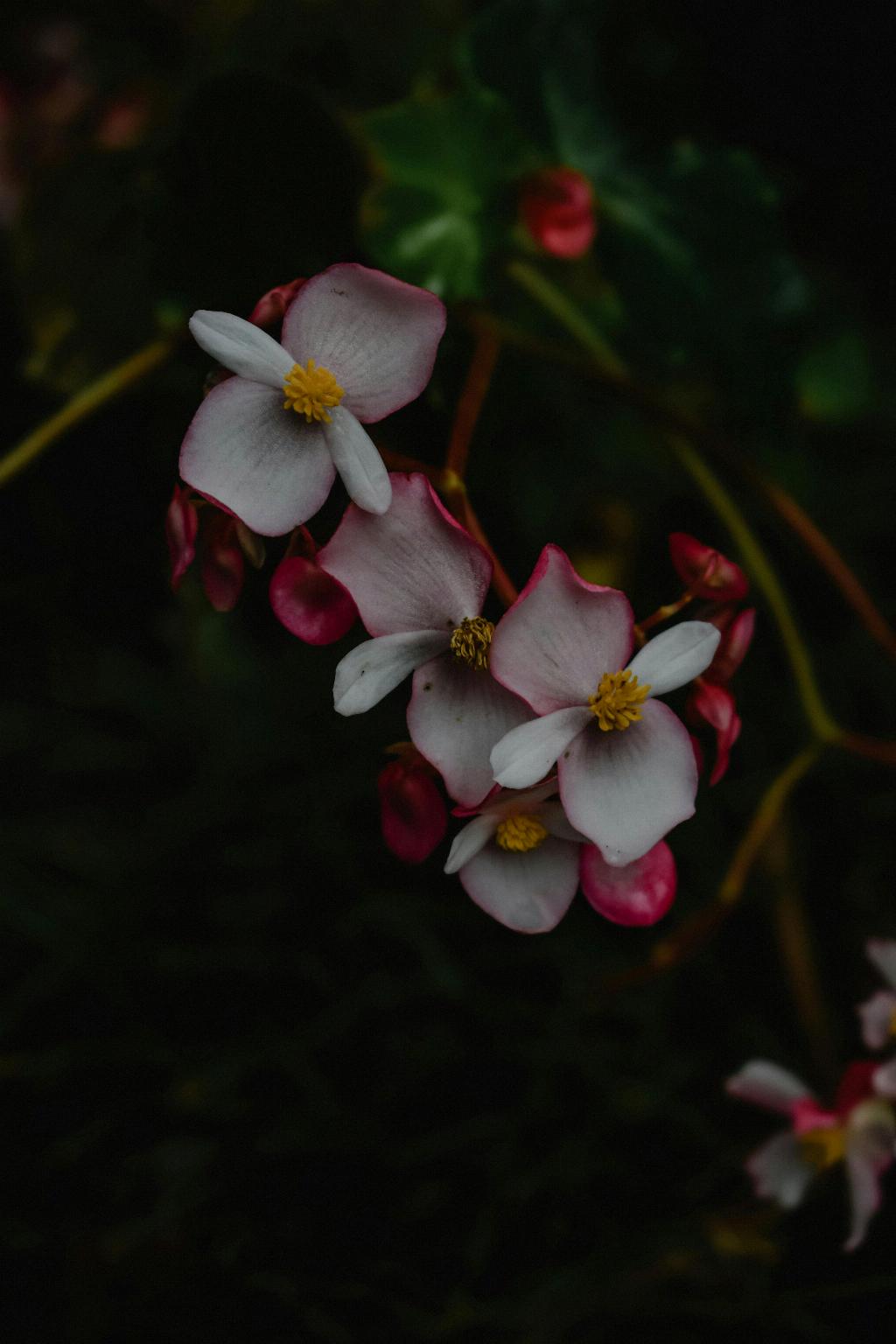When it comes to the safety of our feline friends, it’s crucial to be mindful of the plants and flowers we have in our homes. One such plant that often raises concerns is the rex begonia. While these plants are prized for their stunning foliage and unique patterns, it’s essential to understand that they can pose a threat to cats if ingested.
Upon delving into the topic of rex begonias and their toxicity to cats, one key fact emerges – all parts of the rex begonia plant contain toxins that can be harmful to dogs, cats, and horses when consumed. This means that not just the leaves or flowers, but every part of the plant, including the roots, stems, and even the soil around it, can potentially pose a danger to our feline companions.
It’s important to highlight that the underground part of the rex begonia plant is particularly toxic. While the leaves and stems may contain toxins, it is the root system that harbors the highest concentration of harmful substances. This means that even a small nibble on the roots could lead to severe repercussions for a curious cat.
When a cat ingests a toxic plant like the rex begonia, it can lead to a range of symptoms and health issues. Some common signs of plant toxicity in cats include vomiting, diarrhea, drooling, lethargy, and in severe cases, difficulty breathing or even organ failure. Therefore, it’s crucial to act swiftly if you suspect your cat has ingested part of a rex begonia plant.
As responsible pet owners, it falls to us to create a safe environment for our furry friends. This means being proactive in identifying potential hazards in our homes, including toxic plants like the rex begonia. By removing any toxic plants from our living spaces or placing them out of reach of our pets, we can help prevent accidental ingestion and keep our cats safe.
If you suspect that your cat has ingested a toxic plant such as the rex begonia, it’s vital to seek immediate veterinary attention. The vet may recommend inducing vomiting or administering activated charcoal to help mitigate the effects of the toxin. Early intervention is key in cases of plant toxicity, so swift action is paramount.
It’s worth noting that some cats may show a particular interest in chewing on plants, whether out of curiosity or as a form of entertainment. To deter your cat from nibbling on potentially harmful plants like rex begonias, consider providing safe alternatives such as cat grass or designated chew toys to redirect their attention.
For pet owners who are unsure about the toxicity of certain plants, especially those with cats in the household, it’s wise to do thorough research or consult with a veterinarian. Building awareness around toxic plants and their effects on pets can help prevent accidental poisonings and ensure a safe and healthy environment for our beloved feline companions.
In conclusion, while the rex begonia plant is renowned for its beauty and striking foliage, it is crucial to be aware of its potential toxicity to cats. With all parts of the plant containing harmful toxins, it’s imperative to take precautions to safeguard our pets from accidental ingestion. By staying informed and proactive, we can create a secure and nurturing environment for our furry friends to thrive in.

